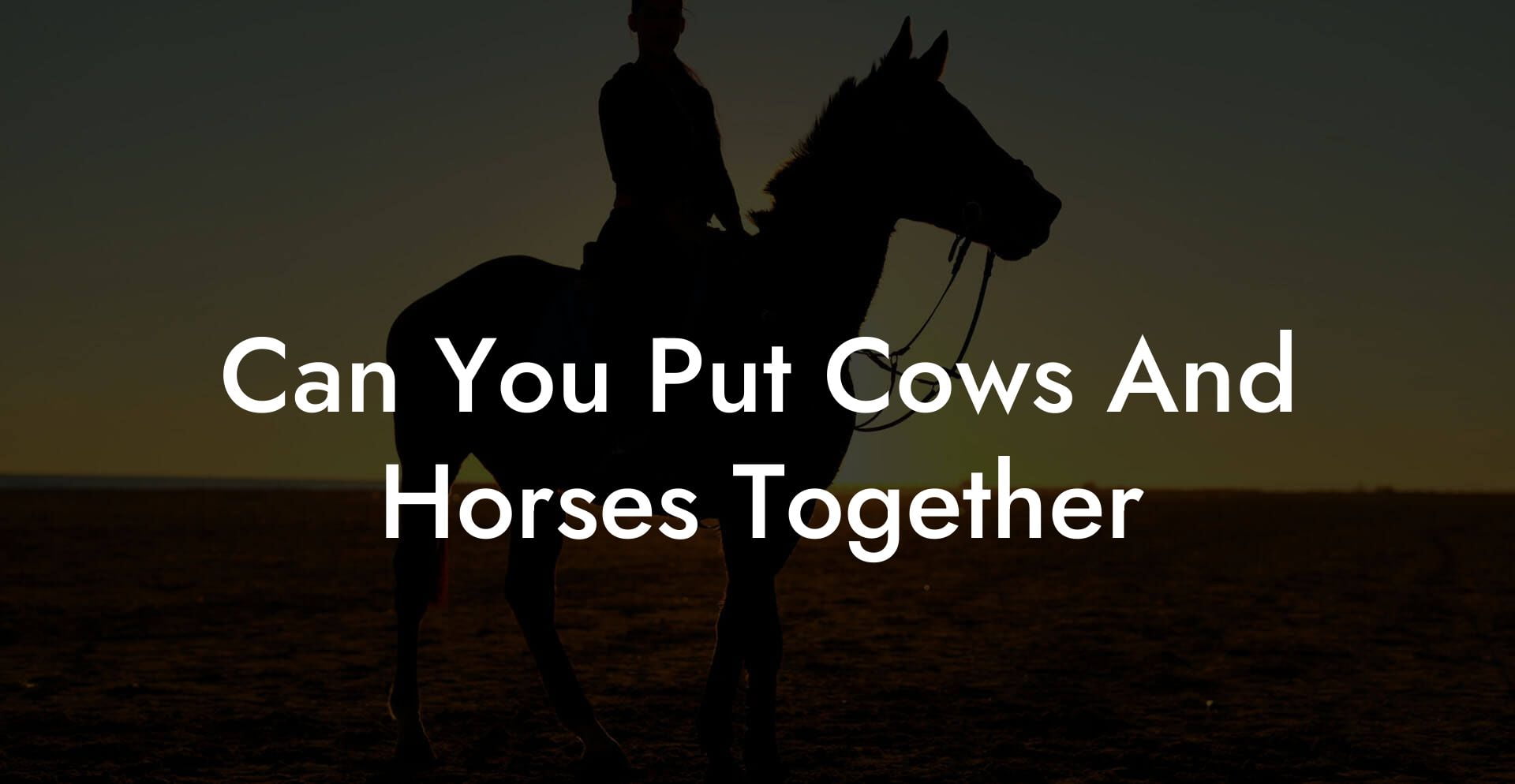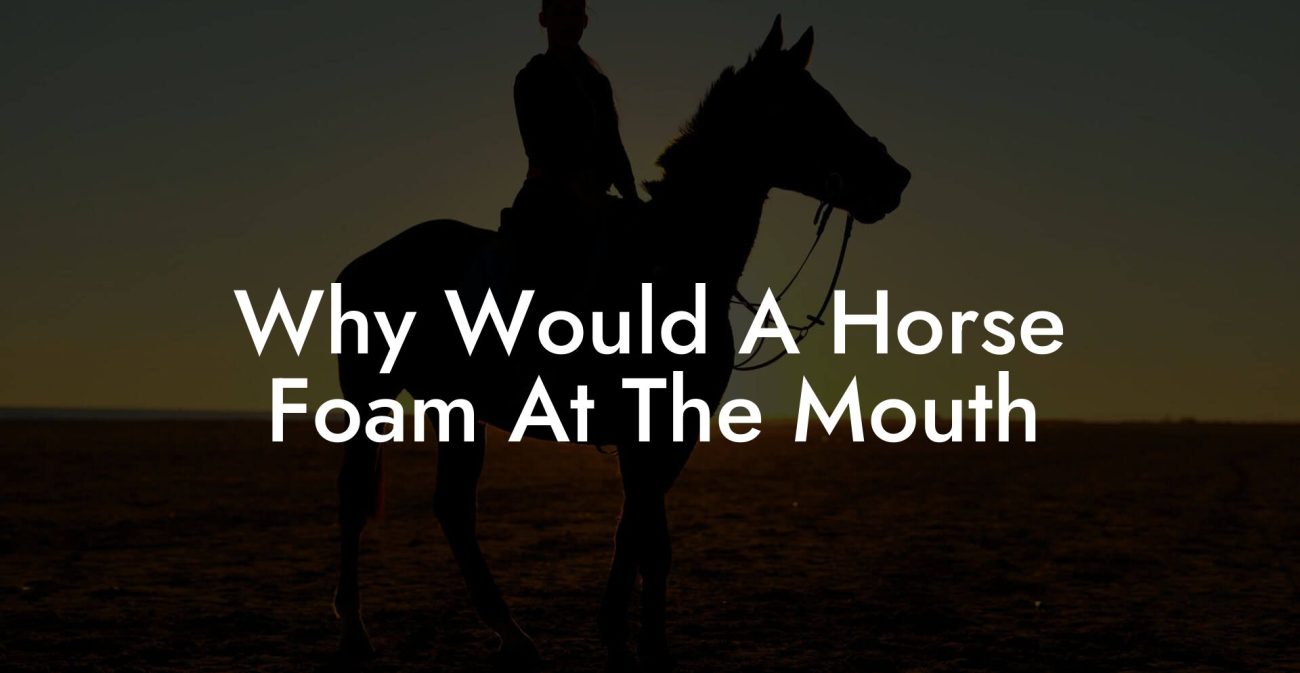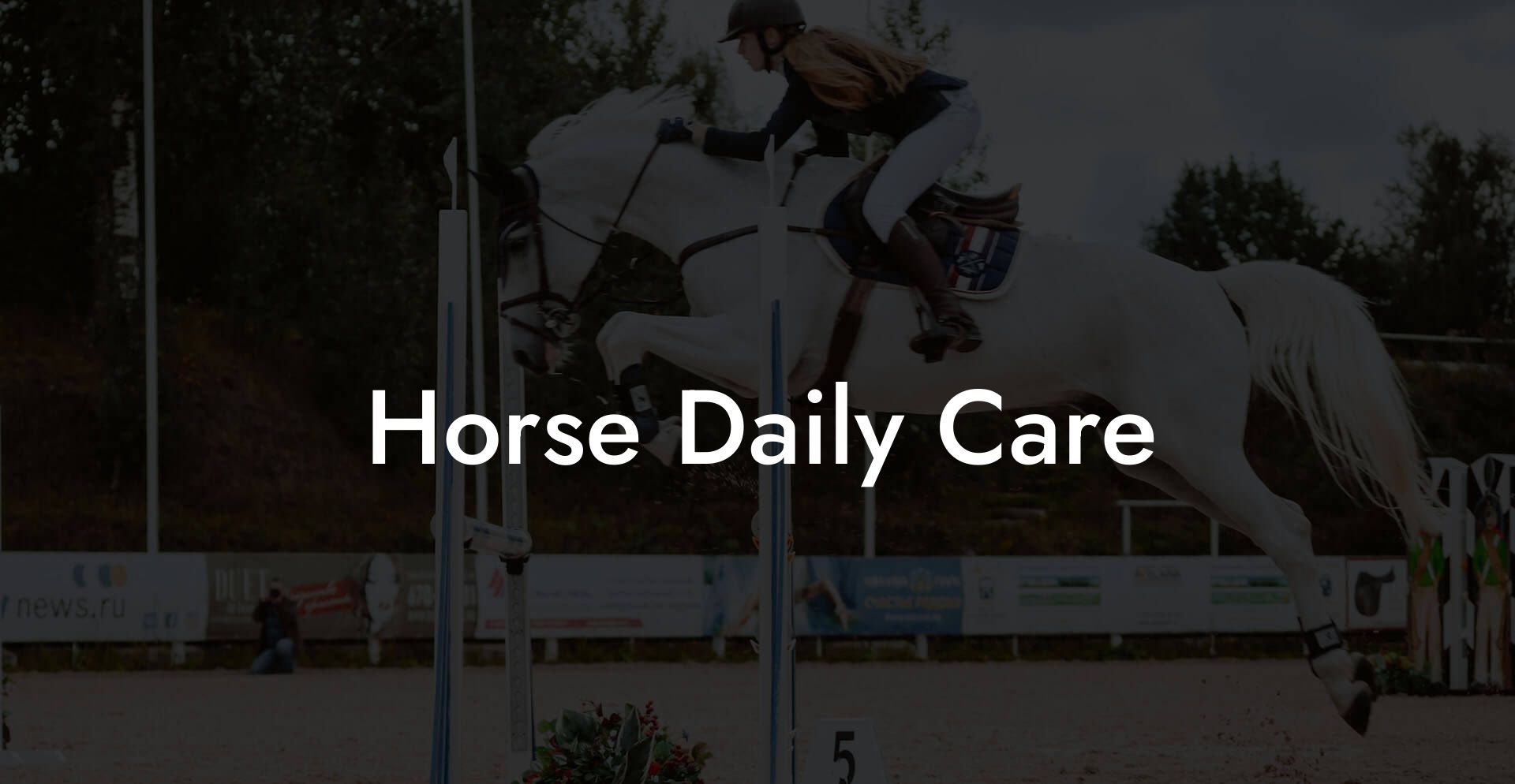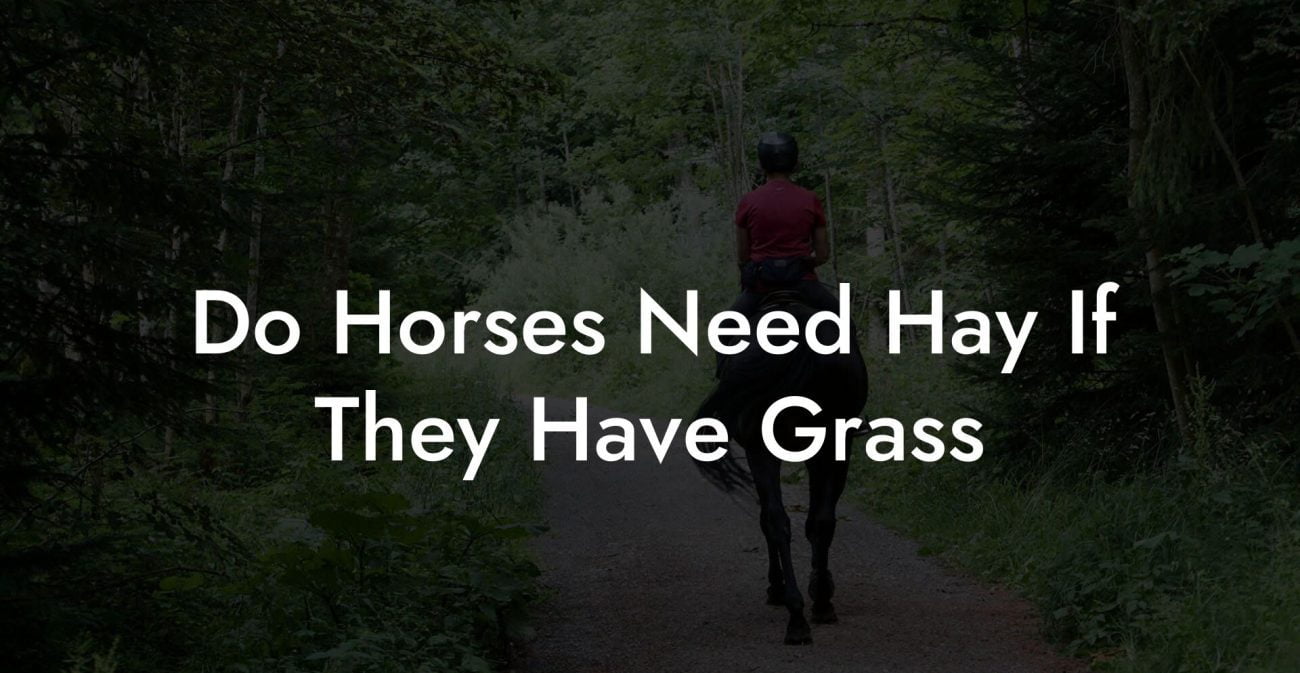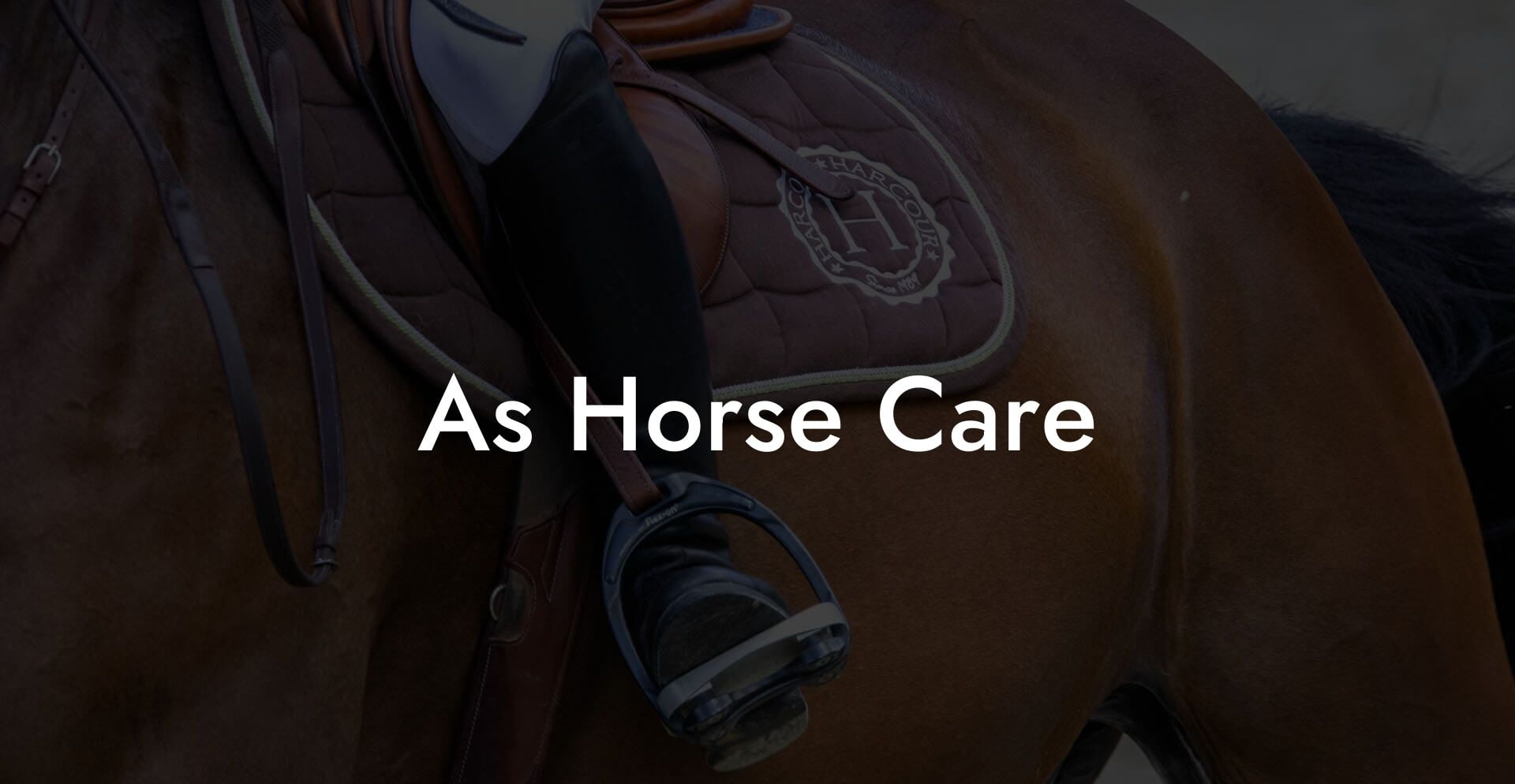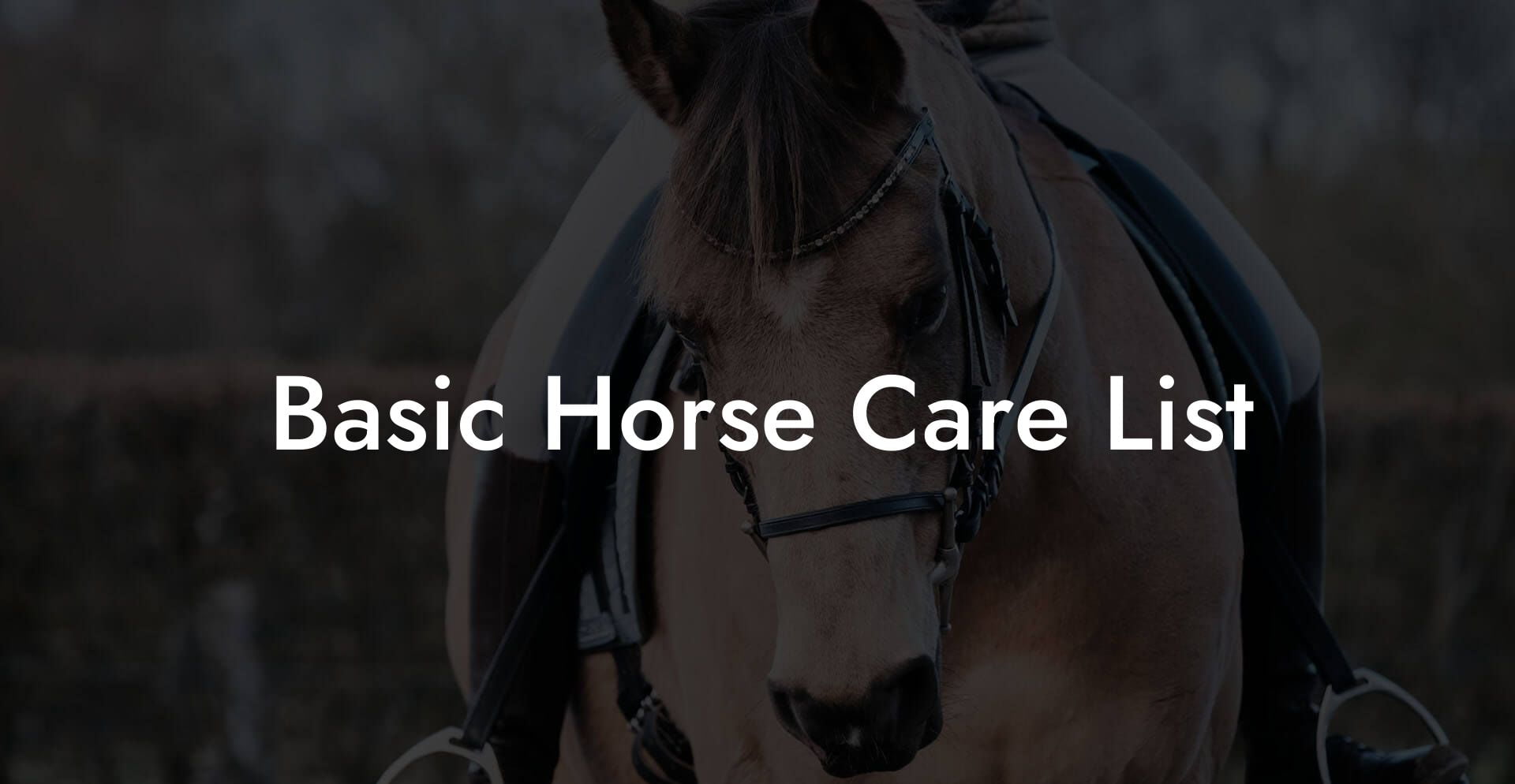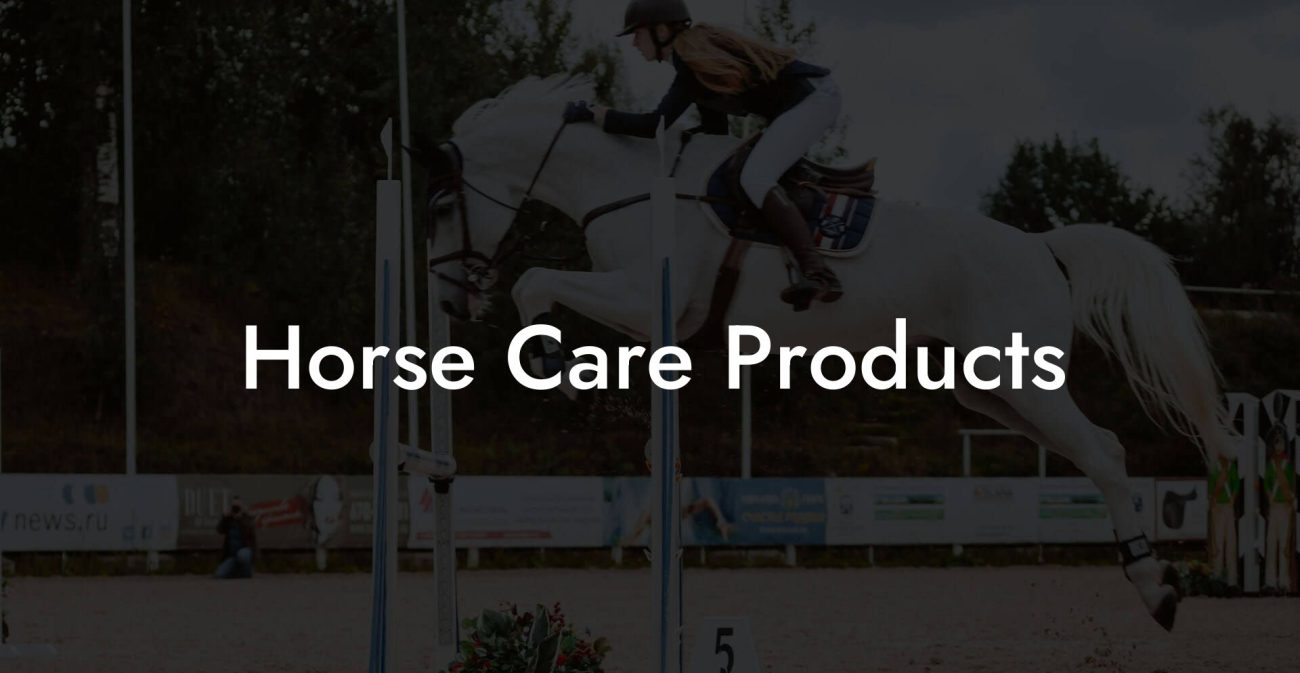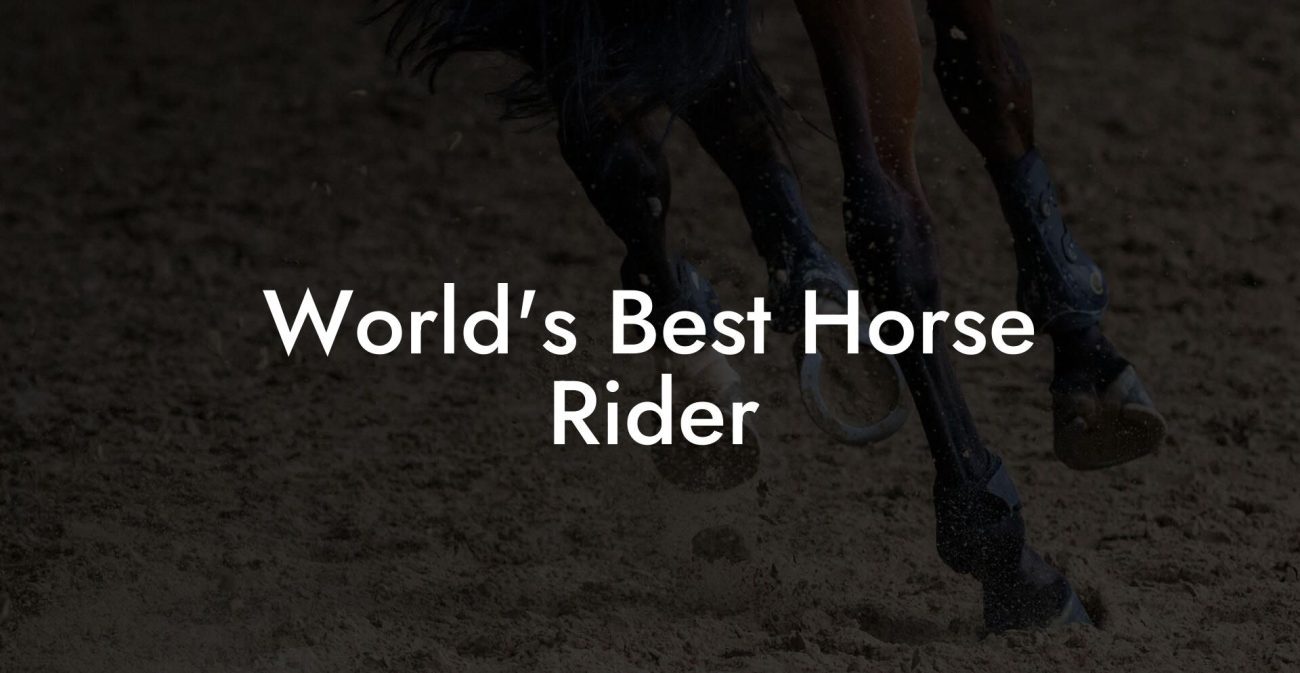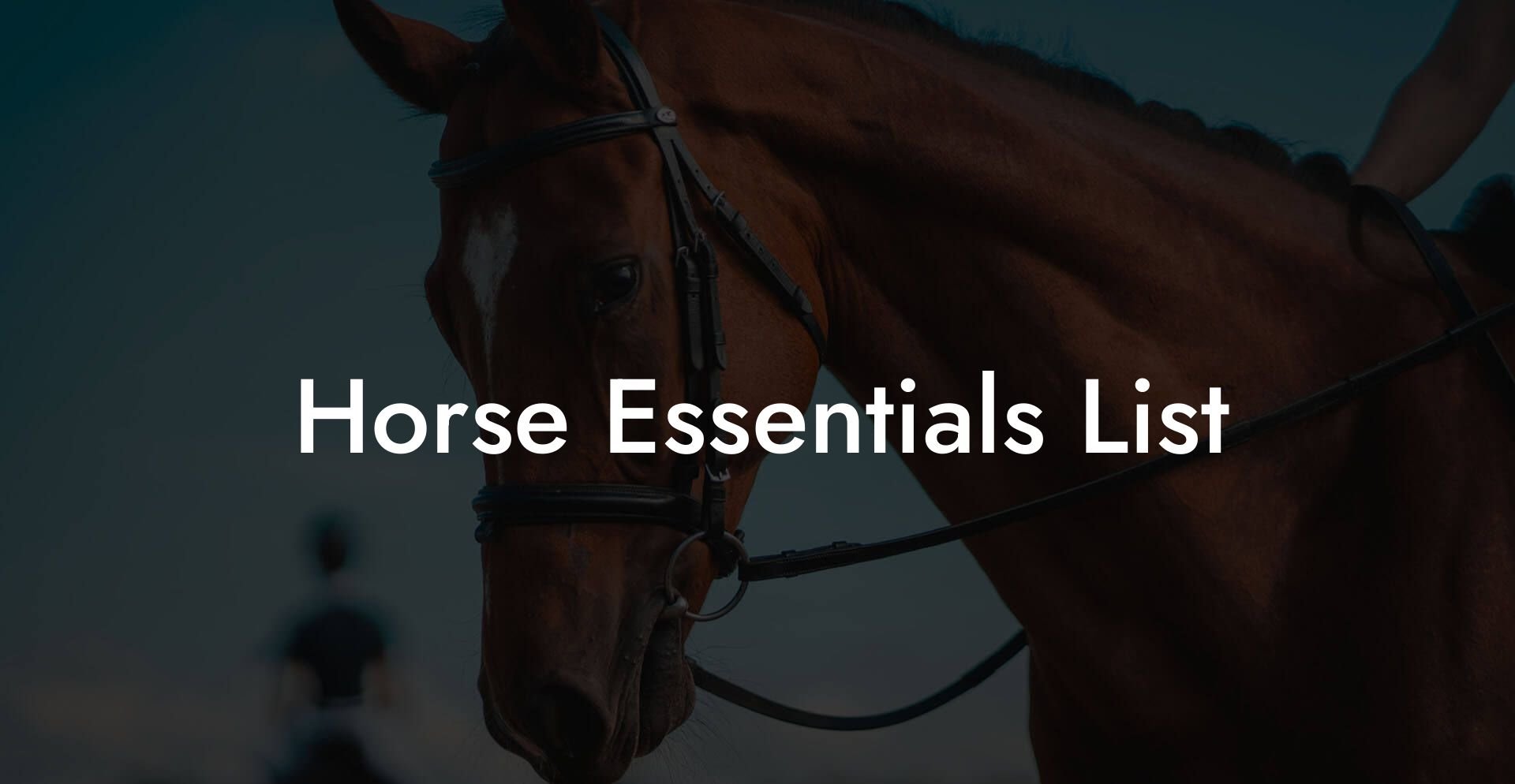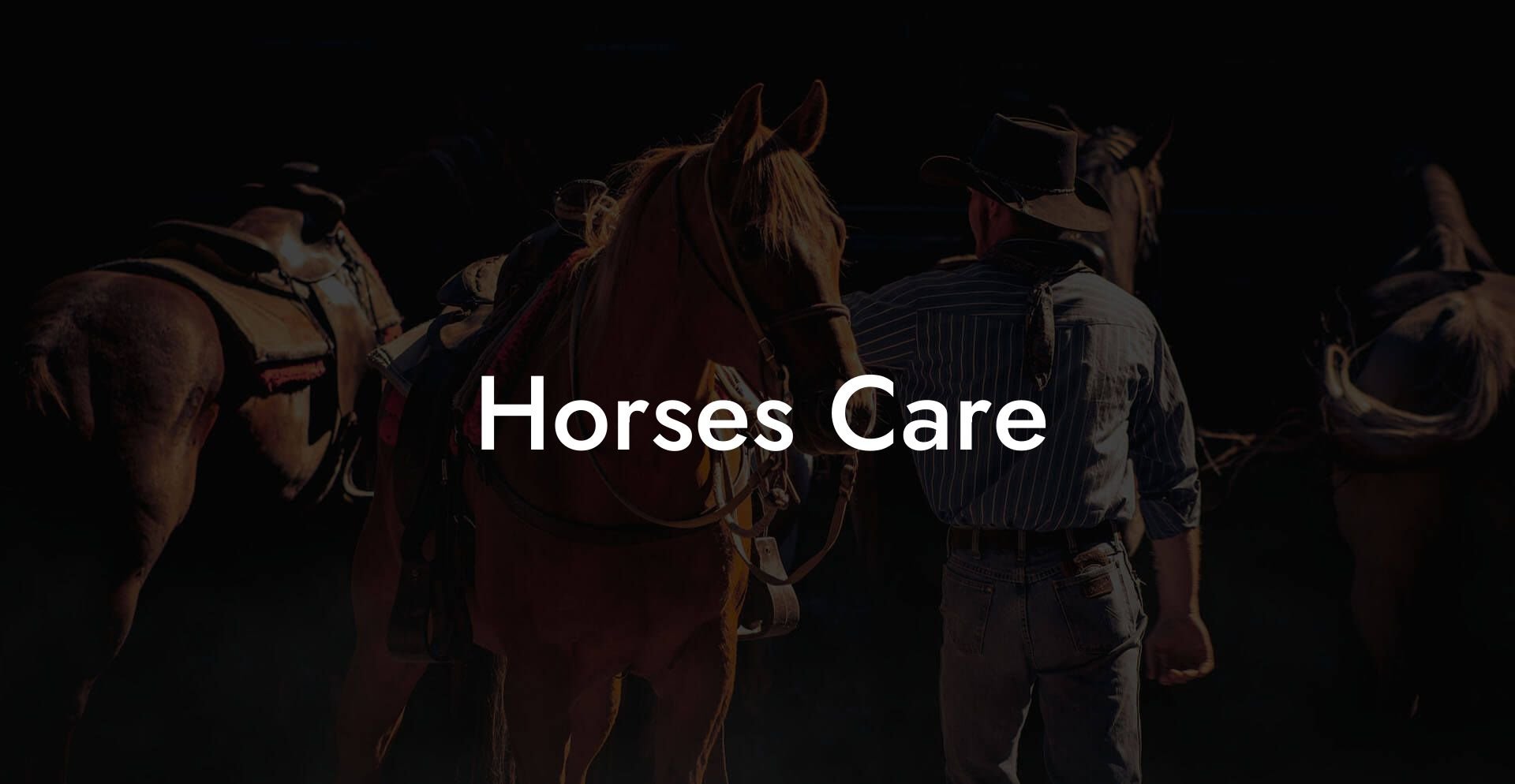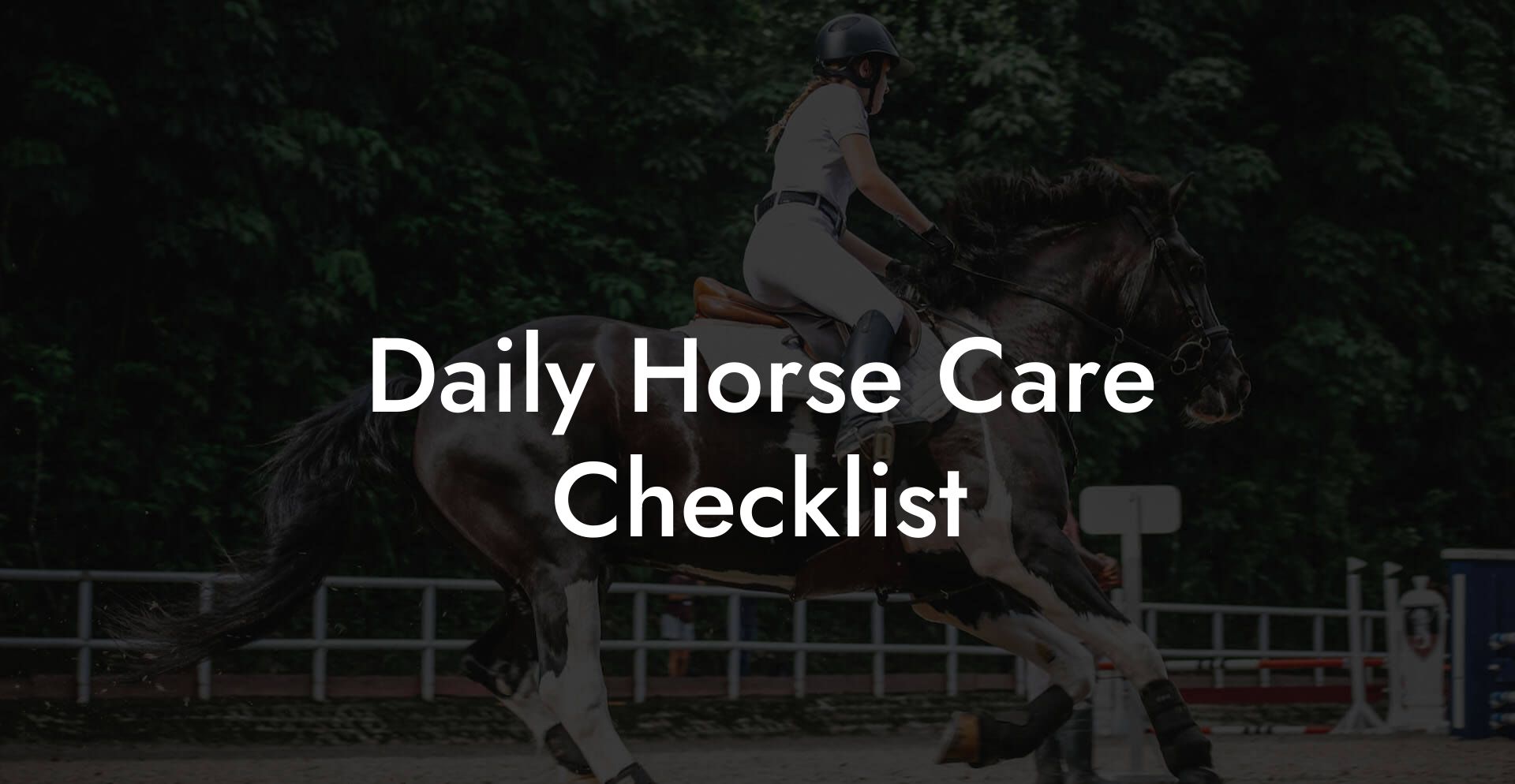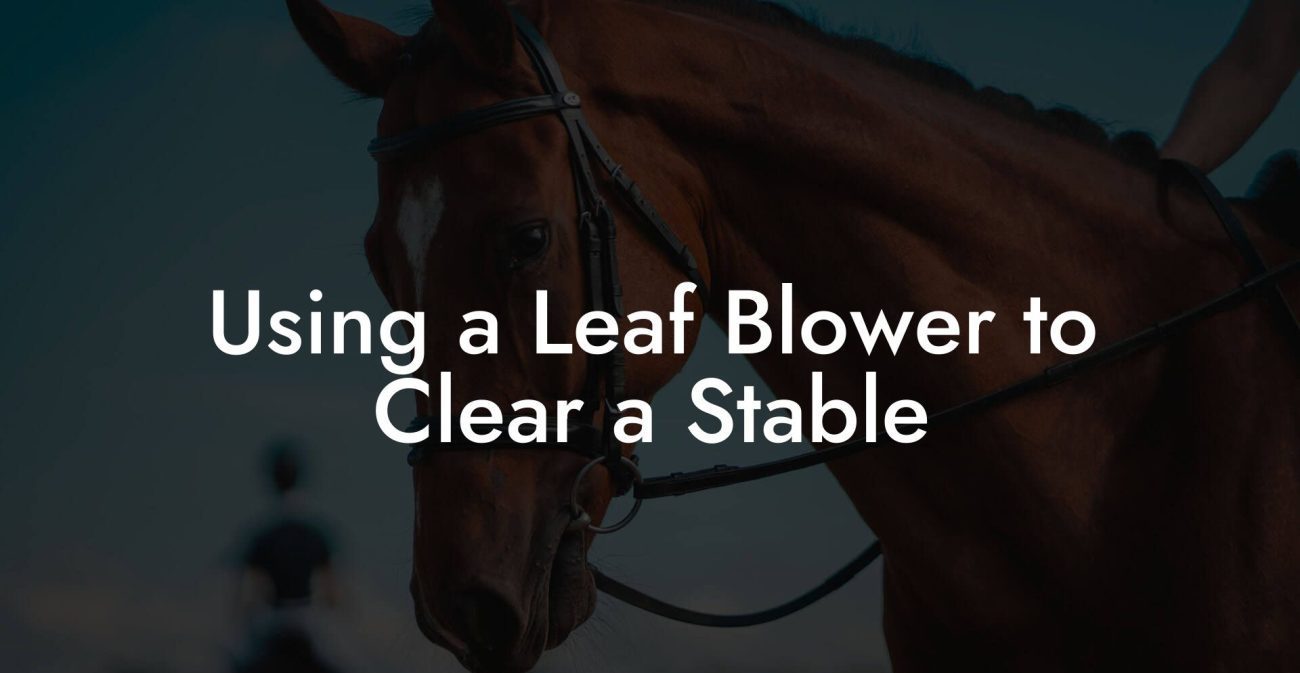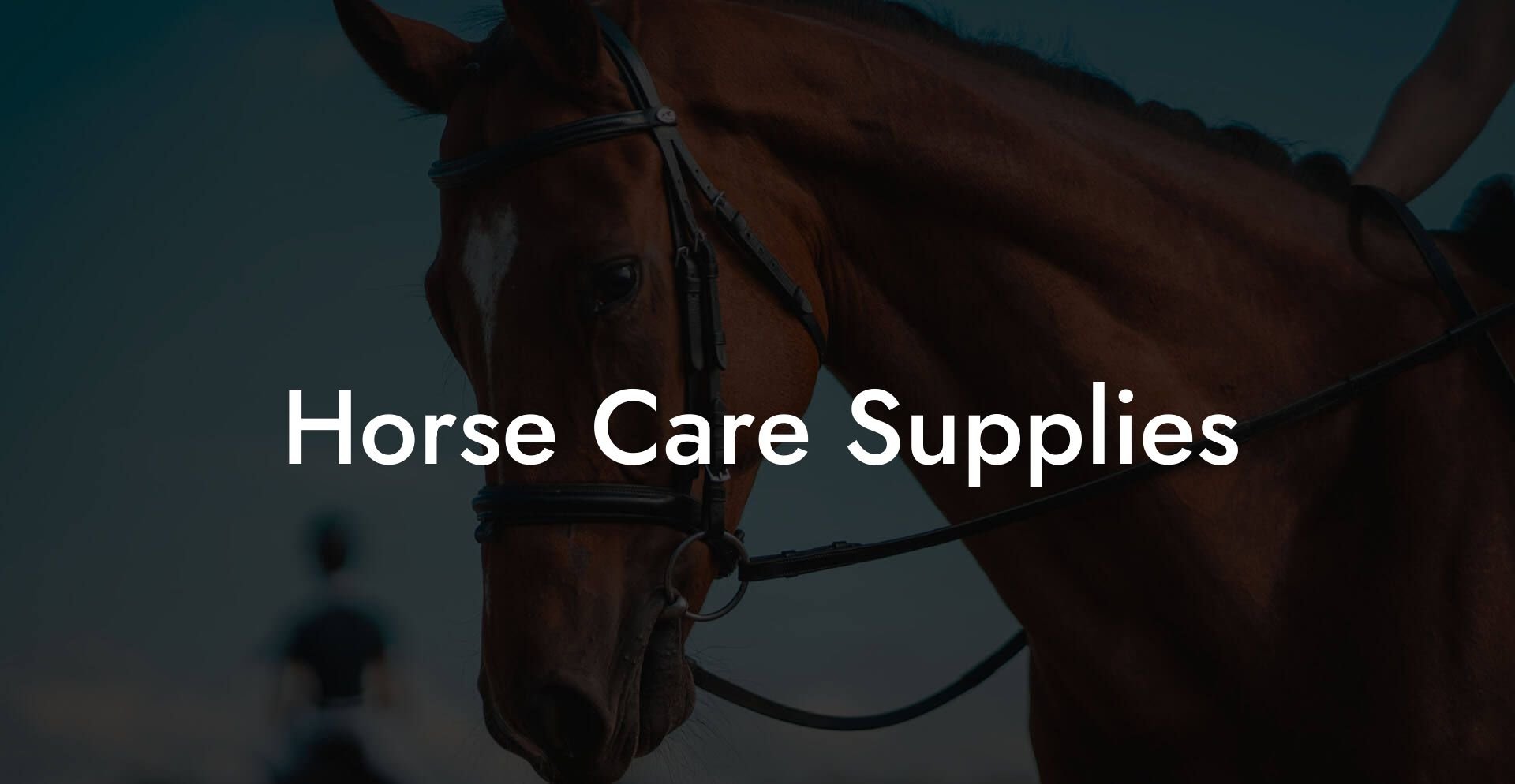Ever wondered if your barnyard could be the ultimate chill zone where cows and horses not only coexist but even thrive together? Picture a breezy pasture where these two farm celebrities mingle, graze, and even share the occasional water break, all while you, the modern equine enthusiast or Gen-Z budding farmer, get to learn the secrets behind a harmonious mixed herd. In this deep dive, we’ll explore every angle of the age-old question: can you put cows and horses together? Get ready for a blend of expert advice, real-life case studies, and plenty of practical tips to manage your mixed livestock with flair and finesse.
Quick Links to Useful Sections
- The Basics of Mixed Livestock: Understanding Cows and Horses
- Behavioral Dynamics: How Cows and Horses Interact
- Planning and Preparation: Setting the Stage for a Harmonious Pasture
- Nutrition and Pasture Management in Mixed Herds
- Health and Safety Considerations for Mixed Livestock
- Best Practices for Introducing New Herd Members
- Environmental and Seasonal Adaptations: Tailoring Care to Nature’s Rhythm
- Integrative Strategies for the Modern Livestock Manager
- Real-Life Success Stories: Case Studies in Mixed Livestock Cohabitation
- Case Study 1: A Peaceful Pasture in the Midwest
- Case Study 2: Urban Farming and the Mixed Herd Experiment
- Case Study 3: The Holistic Livestock Ranch
- Essential Tools and Techniques for Livestock Management
- Resources and Community Support: Your Next Steps
- Frequently Asked Questions About Mixed Livestock: Can You Put Cows And Horses Together?
- Your Path to a Harmonious Mixed Herd
The Basics of Mixed Livestock: Understanding Cows and Horses
When it comes to managing a farm that includes both cows and horses, you’re looking at a scenario that is as unique as it is engaging. Both species bring distinct personalities, dietary requirements, and behaviors to the table. But don’t worry, while their quirks sometimes make for dramatic episodes of pasture drama, with the right approach, they can live together peacefully.
At its core, the idea of mixed livestock management is all about balance. Cows are typical grazers with a calm, methodical approach to life, spending most of their time leisurely chewing cud in wide-open spaces. Horses, on the other hand, are creatures of energy and social dominance, known for their spirited nature and inquisitive behavior. Blending these two worlds can lead to a dynamic environment that benefits both species and the sustainable practices you value.
In this guide, we’re breaking down how to merge these distinct temperaments into a cohesive, thriving ecosystem. From understanding behavior to ensuring proper nutrition and health care, we’ll show you how to create an environment where every animal is set up for success.
Behavioral Dynamics: How Cows and Horses Interact
One of the first questions raised by new and experienced farmers alike is: “Will cows bully horses, or vice versa?” The truth is, these animals have evolved unique behaviors to coexist, given proper planning and space management. Understanding their social structures is key to a successful mixed pasture arrangement.
Cows are naturally herd-oriented and tend to establish a clear pecking order, though they generally have a calm demeanor. Horses, meanwhile, have a strong sense of hierarchy within their stable and can sometimes display assertive behavior, especially when competing for resources. However, horses are also incredibly sensitive to body language and energy cues, a trait that can work in your favor when they interact with the languid, less abrasive movements of cows.
Research and decades of practical experience have shown that when introduced properly, these species can form a complementary pasture community. Horses often act as natural guardians for the herd, using their speed and alertness to warn others of potential threats, while cows contribute by grazing consistently, maintaining a balanced pasture. The key is ensuring that neither species feels crowded or intimidated.
In summary, fostering an environment of mutual respect and calm observation between cows and horses is not only possible, it can be a smart, sustainable way to manage your land.
Planning and Preparation: Setting the Stage for a Harmonious Pasture
Before you let your cows and horses share the same space, there are some important setup elements to consider. This phase is all about preparation, ensuring that you have created an environment that minimizes conflicts and supports the unique needs of each species.
Assess Your Space: Start with a detailed evaluation of your pasture or barn layout. Ensure there is ample space for grazing and exercise, as overcrowding can lead to stress and conflict among animals. Ideally, each species should have its own zone within the larger domain, with easy access to communal areas like water sources and shelter.
Fencing and Shelter: Secure, well-designed fencing is critical. Horses are known for testing boundaries, so high-quality fencing will protect your cows from any accidental charges. Additionally, separate shelters or stables can provide a safe retreat for horses during inclement weather, while cows can retreat to quieter barn areas.
Introducing the Herd: The introduction process is like setting up a social mixer. Start by allowing the animals to observe each other from a distance before gradually increasing interaction time. Use barriers initially, then slowly phase them out as the animals become accustomed to one another. This gradual approach helps reduce aggression and reassures both species.
Feeding Practices: Because cows and horses have different dietary needs, it’s essential to set up feeding stations that prevent resource competition. Feed horses in one area and cows in another, or use staggered feeding times to avoid any potential disputes.
These initial steps are a must for creating a balanced, healthy environment where both cows and horses can flourish under your care.
Nutrition and Pasture Management in Mixed Herds
Nutrition is the backbone of any healthy livestock operation. While cows and horses share some similarities in their diets, they also have distinctive nutritional requirements. Understanding these differences, and planning accordingly, can help ensure their coexistence is beneficial for both species.
For cows, a diet rich in high-fiber forage such as grass or hay is paramount. They have a unique digestive system that relies heavily on the microbial breakdown of cellulose. Horses, on the other hand, need a balance of forage and concentrates due to their single-chambered stomach. While both benefit from ample pasture, horses might require additional supplements to maintain energy for their more active lives.
Pasture Rotation: Implementing a rotational grazing system is one of the most effective ways to manage a mixed herd. This method prevents overgrazing, reduces the risk of parasite infestations, and allows the pasture time to recover. Divide your land into several sectors and rotate the animals between them to ensure a steady supply of fresh forage.
Supplemental Feeding: Depending on the nutrient content of your pasture, you may need to provide supplemental feeding. For cows, high-energy grains or protein supplements during colder months can keep them healthy. For horses, specially formulated feeds that cater to their high metabolism and energy needs are crucial. Always consult with a veterinarian or animal nutritionist to design the best plan.
Water and Minerals: Both cows and horses require constant access to clean water and essential minerals. Install multiple water stations around your pasture, and consider mineral blocks that cater to the specific needs of each species. This dual approach minimizes conflicts and ensures that every animal gets the hydration and nutrients they need.
By managing nutritional needs strategically, you not only promote the well-being of your animals but also create a more self-sustaining, eco-friendly operation.
Health and Safety Considerations for Mixed Livestock
Even though cows and horses can coexist, being vigilant about their health and safety is a non-negotiable part of the process. There are several factors you need to consider to safeguard your animals while promoting optimal herd dynamics.
Parasite Management: Parasites are one of the biggest concerns in mixed herds. Different species can sometimes share parasites, which makes a coordinated deworming schedule essential. Work with your vet to establish a regular health check-up schedule and be proactive in your parasite management plan.
Injury Prevention: Horses, with their energetic bursts, can accidentally injure slower-moving cows if precautions aren’t taken. Proper fencing, ample space, and clearly defined feeding areas can reduce this risk. Additionally, monitor behavioral interactions, especially during the introduction phase, to quickly address any signs of aggression.
Vaccinations and Regular Check-ups: Just as with any other kind of livestock, maintaining an updated vaccination schedule for both cows and horses is critical. Regular vet visits help catch potential health issues early before they develop into significant problems.
Stress Management: Both species are sensitive to stress, which can negatively affect their immune systems and overall health. Provide plenty of mental and physical stimulation, be it spacious pastures, social time with their own kind, or even occasional enrichment activities, to keep your herd relaxed and content.
When safety and health are prioritized, you establish a stable foundation where cows and horses can focus on what they do best, thriving in a balanced, supportive environment.
Best Practices for Introducing New Herd Members
Whether you’re expanding your herd or trying to integrate a rescued animal, the process of introducing new livestock into an established group requires patience and careful planning.
The key to success lies in gradual exposure. For instance, when introducing a new horse to your cow-populated pasture, start by allowing them to interact through a fence. This controlled environment allows both species to observe each other’s behavior without the risk of direct conflict.
After several days of fence-line interactions, you can move to supervised group introductions in a neutral area. Keep the group small, the more extensive the herd, the harder it can be to monitor interactions closely. Ensure that each animal has an exit plan or safe space to retreat to if they feel overwhelmed.
Over time, as the animals grow accustomed to the new addition, gradually increase their time together. Remain vigilant during the early days as you may need to intervene if any signs of stress or aggression appear. Veterinarians, animal behaviorists, and experienced livestock managers are invaluable resources during this integration process.
With a little time and the right approach, your mixed herd can become a model of peaceful coexistence and natural camaraderie.
Environmental and Seasonal Adaptations: Tailoring Care to Nature’s Rhythm
Running a mixed herd is not just about the animals, it’s about working harmoniously with nature. Your approach must adapt to the seasons and the unique environmental challenges each period brings.
Summer Strategies: During hotter months, stress and dehydration are key concerns. Make sure your grazing areas are well-shaded and that ample water is available. Installing misting systems or natural water troughs that stay cool can give both cows and horses a refreshing break from the heat.
Winter Considerations: Winter brings its own set of challenges. Cold weather interventions such as extra bedding in barns, heated water troughs, and a gradual change in diet to include more energy-dense feeds can keep your animals comfortable and healthy. Monitoring for signs of hypothermia or nutritional deficiencies is especially important in mixed herds.
Rainy and Muddy Conditions: Wet seasons require good drainage in your pasture to avoid hoof problems and other health issues. Consider temporary shelter options and non-slip surfaces in areas with high animal traffic.
By staying in tune with the natural cycles and environmental demands, you ensure that your cows and horses not only coexist but thrive throughout every season.
Integrative Strategies for the Modern Livestock Manager
The modern approach to livestock care is increasingly integrative, blending traditional techniques with innovative practices. For farmers looking to embrace a holistic view of herd management, here are some strategies that combine science, tradition, and a bit of creative ingenuity.
Technological Innovations: The rise of smart farming technologies means you can now monitor the health, movement, and behavior of your animals with unprecedented precision. From sensors that track grazing patterns to apps that log health metrics, these tools can help you detect issues early and fine-tune your management practices.
Holistic Health and Wellness: Consider integrating complementary therapies that are gaining traction in the livestock community. Techniques such as therapeutic massage for horses, pasture yoga (yes, it exists as a fun way to facilitate group calm), and stress management practices can enhance overall well-being.
Sustainable Practices: Eco-friendly innovations, such as rotational grazing and organic feed supplements, not only support the health of your animals but also reduce your farm’s overall environmental footprint. By investing in sustainable practices, you pave the way for a more resilient, future-proof operation.
These integrative methods are more than just trends, they represent a paradigm shift towards caring for livestock in a way that harmonizes with nature and modern technology alike.
Real-Life Success Stories: Case Studies in Mixed Livestock Cohabitation
Sometimes, there’s no better proof than real-world examples. Across various farms and ranches, there are inspiring stories of how cows and horses have successfully shared their space, contributing to a thriving, sustainable ecosystem.
Case Study 1: A Peaceful Pasture in the Midwest
At a family-run farm in the heartland, the challenge was to make the most of limited acreage. The owners decided to integrate cows and horses on a rotational grazing system. Initially, the animals were kept separated by temporary fencing, but over time, they learned to share the pasture without conflict. The cows’ calm grazing helped maintain even pasture regrowth, while the horses stood guard in moments of potential predator threats, inadvertently protecting the whole herd. This innovative approach not only maximized land use but also enhanced the overall health and happiness of the animals.
Case Study 2: Urban Farming and the Mixed Herd Experiment
In an urban farming initiative on the outskirts of a bustling city, a group of young, eco-conscious entrepreneurs decided to experiment with mixed livestock as part of their sustainable living project. With limited space available, the team introduced a small group of miniature horses alongside a herd of hardy cows. By designing specialized feeding stations and creating diversified grazing areas, they witnessed a surprising level of harmony between the species. Their innovative model attracted media attention and served as a blueprint for other urban farms looking to combine environmental sustainability with smart animal care.
Case Study 3: The Holistic Livestock Ranch
On a sprawling ranch in the western United States, an integrative approach to livestock management brought together cows and horses in a way that promoted both animal welfare and natural land regeneration. Through careful planning and a commitment to holistic practices, including advanced rotational grazing, natural supplement programs, and continuous behavioral observation, the ranch saw remarkable improvements in pasture quality and overall herd health. Both cows and horses flourished under this carefully curated system, proving that with the right management, mixed livestock can indeed be a win-win.
These case studies echo a central message: when given the right environment and thoughtful management, cows and horses can coexist not just peacefully, but in a way that optimizes land use, animal health, and overall sustainability.
Essential Tools and Techniques for Livestock Management
Beyond the basics of space and nutrition, there are some essential tools and techniques that can really elevate your livestock management game. For the modern farmer or equine care enthusiast, these practices not only streamline operations but also enhance the overall quality of life for your animals.
Livestock Tracking Software: In today’s digital age, keeping tabs on your herd is easier than ever. Various software solutions allow you to monitor animal health, manage grazing rotations, and even track individual behaviors through smart collars or RFID tags. This data-driven approach can help you fine-tune your mixed livestock management strategy.
Behavioral training Techniques: Although cows and horses are naturally inclined to follow herd dynamics, offering behavioral training sessions can smooth out any potential friction. This might involve reward-based training for horses or gentle herd management practices to keep the group calm and cohesive.
Regular Health Monitoring: Establish a rigorous schedule for health checks, vaccinations, and parasite control. This not only ensures that your animals remain healthy but also helps prevent the spread of infectious diseases in a mixed environment.
Community Knowledge and Resources: Engage with local farming communities, online forums, and extension services. Exchanging real-life tips and success stories can provide insights that go beyond textbooks, allowing you to adapt practices that have proven effective in similar settings.
By investing in the right tools and staying engaged with the wider farming community, you can maintain a thriving mixed herd that’s a model of modern, integrative livestock management.
Resources and Community Support: Your Next Steps
Taking the plunge into mixed livestock management might feel overwhelming at first, but remember, you’re not alone on this journey. A wealth of resources and knowledgeable communities are available to help you succeed.
Educational Workshops and Webinars: Many agricultural extension services, local universities, and farming cooperatives offer workshops specifically geared toward mixed livestock management. These sessions often cover topics like pasture rotation, nutritional planning, and health management strategies.
Online Forums and Social Media Groups: Platforms such as Facebook, Reddit, and specialized farming forums are bustling with discussions, tips, and personal experiences related to mixed herd care. Engaging with these communities can provide practical insights and real-time support.
Local Agricultural Extension Offices: Your local extension office is an invaluable resource, often offering free consultations, printed guides, and hands-on demonstrations that can help you tailor your approach to your specific geographic and climatic conditions.
Veterinary and Livestock Experts: Don’t hesitate to seek professional guidance. Veterinarians and seasoned livestock managers can help create individualized plans that consider the unique needs of both cows and horses, ensuring a smooth and healthy cohabitation.
Farm Management Software and Apps: Explore technological solutions that help you monitor animal health, track grazing rotations, and manage daily operations more efficiently. These tools can simplify the complexities of mixed herd management while keeping you informed.
As you gather knowledge and build a network, your confidence in managing a mixed herd will soar. With the right resources, support, and a dash of creative thinking, you’re well on your way to building a harmonious, thriving farm environment.
Frequently Asked Questions About Mixed Livestock: Can You Put Cows And Horses Together?
Below are some frequently asked questions that shed light on the ins and outs of mixing cows and horses in a single livestock operation:
1. Is it safe to keep cows and horses together?
Yes, it is generally safe as long as you provide adequate space, proper fencing, and manage introduction processes carefully. Each animal’s needs must be met to minimize stress and prevent conflicts.
2. What are the key benefits of mixed livestock management?
Mixed livestock management can improve pasture utilization, provide natural pest and predator control, and promote a balanced ecosystem that benefits both species.
3. How can I prevent conflicts between cows and horses?
Gradual introductions, ample space for each species, separate feeding zones, and continuous health monitoring are critical to preventing conflicts.
4. Do cows and horses have similar dietary needs?
While both species thrive on forage, cows require a high-fiber diet to aid their complex digestive systems, whereas horses benefit from a balanced mix of forage and concentrates tailored to their high-energy lifestyles.
5. What should I do if one species starts showing signs of stress?
If you notice signs of stress or aggression, consider temporarily separating the species and reintroduce them slowly. Consulting with a veterinarian or livestock behavior expert can provide tailored solutions.
6. Are there any specific health concerns in mixed herds?
Parasite control, proper vaccinations, and regular health check-ups are essential, as different species can sometimes transmit pests or diseases. A coordinated health plan is key for a mixed herd.
7. Can I apply modern technology to monitor mixed herds?
Absolutely. Livestock tracking software, smart sensors, and mobile apps can help you monitor animal behavior, health, and pasture usage, allowing for timely interventions.
8. Where can I find more information about mixed livestock management?
Look into local agricultural extension services, online farming communities, and specialized workshops to deepen your understanding and gain insight from experienced farmers.
Your Path to a Harmonious Mixed Herd
Building a thriving, mixed livestock operation is an exciting journey filled with opportunities for innovation, sustainability, and community engagement. By combining the sturdy, reliable presence of cows with the spirited, dynamic energy of horses, you’re not just managing animals, you’re creating a living, breathing ecosystem that benefits everyone involved.
Remember, the success of mixed livestock management hinges on thorough planning, constant monitoring, and a willingness to adapt. Whether you’re a first-time farmer motivated by a passion for animal care or an experienced equine enthusiast looking to expand your horizons, the principles discussed here provide a solid foundation. Embrace modern technology, invest in community resources, and enjoy the process of nurturing an environment where seemingly different species unite in natural harmony.
Your journey to creating a balanced, sustainable, and thriving pasture is filled with both challenges and rewards. Each step you take, from designing your space to fine-tuning your nutritional strategy, puts you closer to a future where cows and horses flourish side by side. With careful management and an open mind, you’ll transform your farm into a model of integrative, environmentally conscious livestock care.
So, are you ready to take your mixed herd to the next level? Equip yourself with knowledge, relish the community support, and let your passion for sustainable farming guide you. The pasture awaits, and your harmonious mixed herd is just a few thoughtful steps away.

